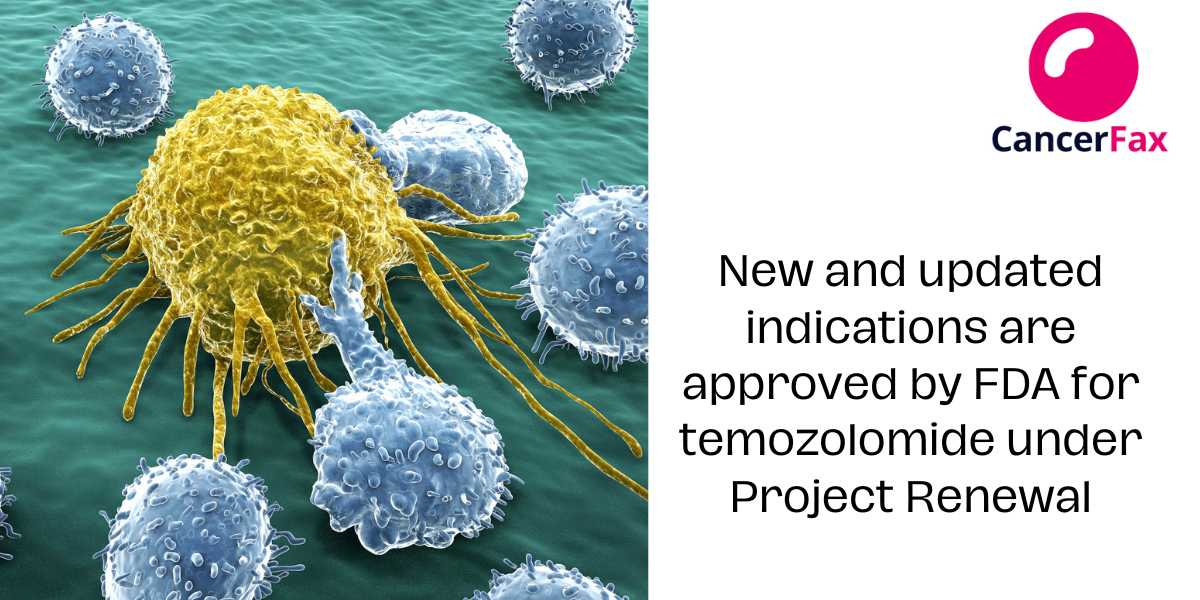Nov 2023: Under Project Renewal, an Oncology Centre of Excellence (OCE) initiative aimed at updating labelling information for older oncology drugs to ensure information is clinically meaningful and scientifically up-to-date, the Food and Drug Administration (FDA) approved updated labelling for temozolomide (Temodar, Merck). Under this experimental programme, this is the second medication to have its label updated. Capecitabine (Xeloda) was the first medication approved under Project Renewal.
Through the joint efforts of Project Renewal, early-career scientists and external oncology specialists analyse published literature in order to get firsthand experience in the selection, curation, and evaluation of data for independent FDA review. The goal of Project Renewal is to maintain the most recent labelling for older, frequently prescribed oncology medications while increasing public knowledge of drug labelling as a source of information and offering openness on the FDA’s evidentiary requirements and evaluation procedure.
Temozolomide is now approved for the following new and revised indications:
- adjuvant treatment of adults with newly diagnosed anaplastic astrocytoma.
- treatment of adults with refractory anaplastic astrocytoma.
One approved indication for temozolomide remains the same:
- treatment of adults with newly diagnosed glioblastoma, concomitantly with radiotherapy and then as maintenance treatment.
Additional labeling revisions include:
- The dosage regimen is revised and updated for newly diagnosed glioblastoma and refractory anaplastic astrocytoma.
- For Temodar capsules, information on risks from exposure to opened capsules is added under Warnings and Precautions.
- Patient Counseling Information section and the Patient Information document are updated and revised.


